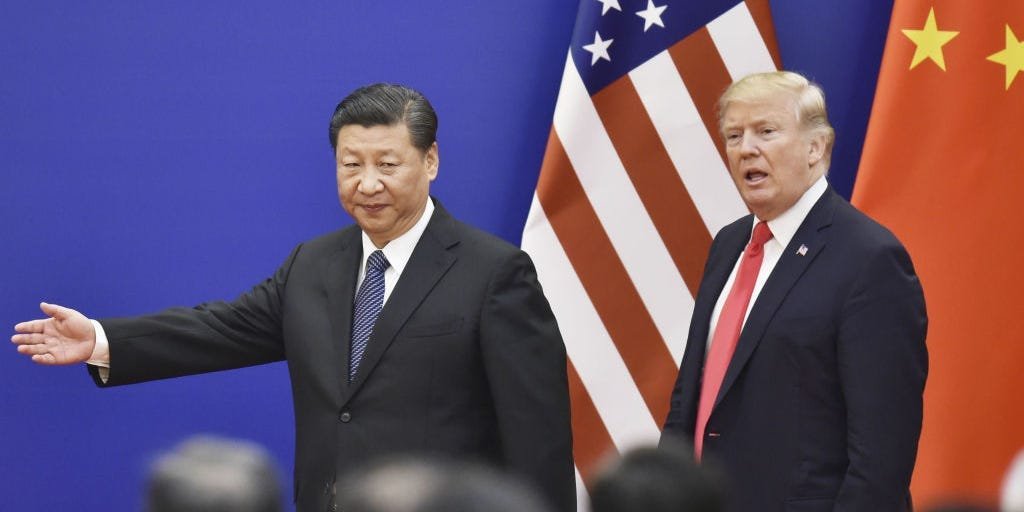Despite the ever-changing regulations, curbs on private organizations, and undiplomatic relations with China, nothing has stopped Americans from conducting business with the world’s second economy.
“I talked to CEOs of Western companies literally every day, and I will tell you that on balance, the majority of them are planning on doing more business in China over the next 10 years, not less,” said Eurasia Group President Ian Bremmer.
“The reason for that is simple. It’s because China is on track to be the world’s largest economy by 2030. And corporations ultimately want to be where their markets are going to be.” Bremmer commented, as reported by Yahoo Finance Live. He estimates that there are executive strategies to double down on their investments.

Given the enormous market for China which makes it a multi-millionaire asset for the multinational companies in the USA, the IMF (International Monetary Fund) has formed an impression that China would be asserting world dominance in terms of the largest economy, approximately in the first few years of 2030s.
“China today is more economically unequal than the United States. And China is ostensibly a socialist economy. that shouldn’t be happening and Xi Jinping is trying very hard to address that,” added Bremmer.
The American-born political scientist, renowned for his focus on global political risks also said that “If it is meant to break a few eggshells, in terms of local Chinese corporations and what they are and aren’t allowed… Which can cause them to take severe action. Creating a cause of concern about Chinese growth as well as the sustainability of that growth.”
The policies of the US against China have caused quite a debacle for a long time and also a sense of fretfulness among the administrator and executives.
The USBC’s senior director Doug Barry reported, Moreover, the investment contribution by China in the states has seen a drastic decline, whereas the US counterpart has been making investments in China at a slower rate than before. The major cause of this delay has been calculated to be a part of an, “unpredictable business environment”.
Barry, who is in charge of the communications and publications department of USBC said that the staff of his organization are eager to tap into the opportunities of growth, in case the market slows down and would be developing future plans of gradually increasing the investments made in China.
“White House policy is built on that understanding that the reality of U.S. foreign policy towards China is to avoid a crisis precisely because our economies are enormously interdependent,” added Bremmer.

